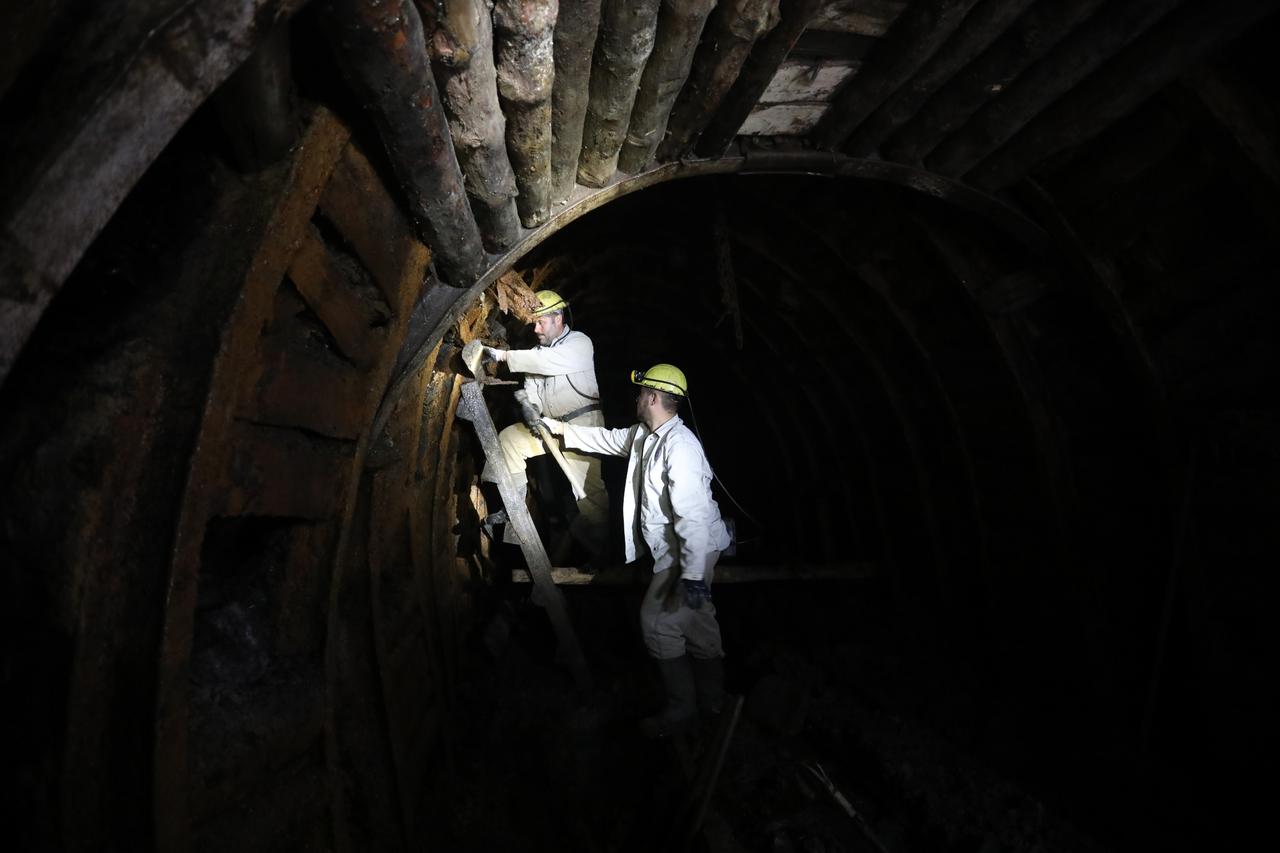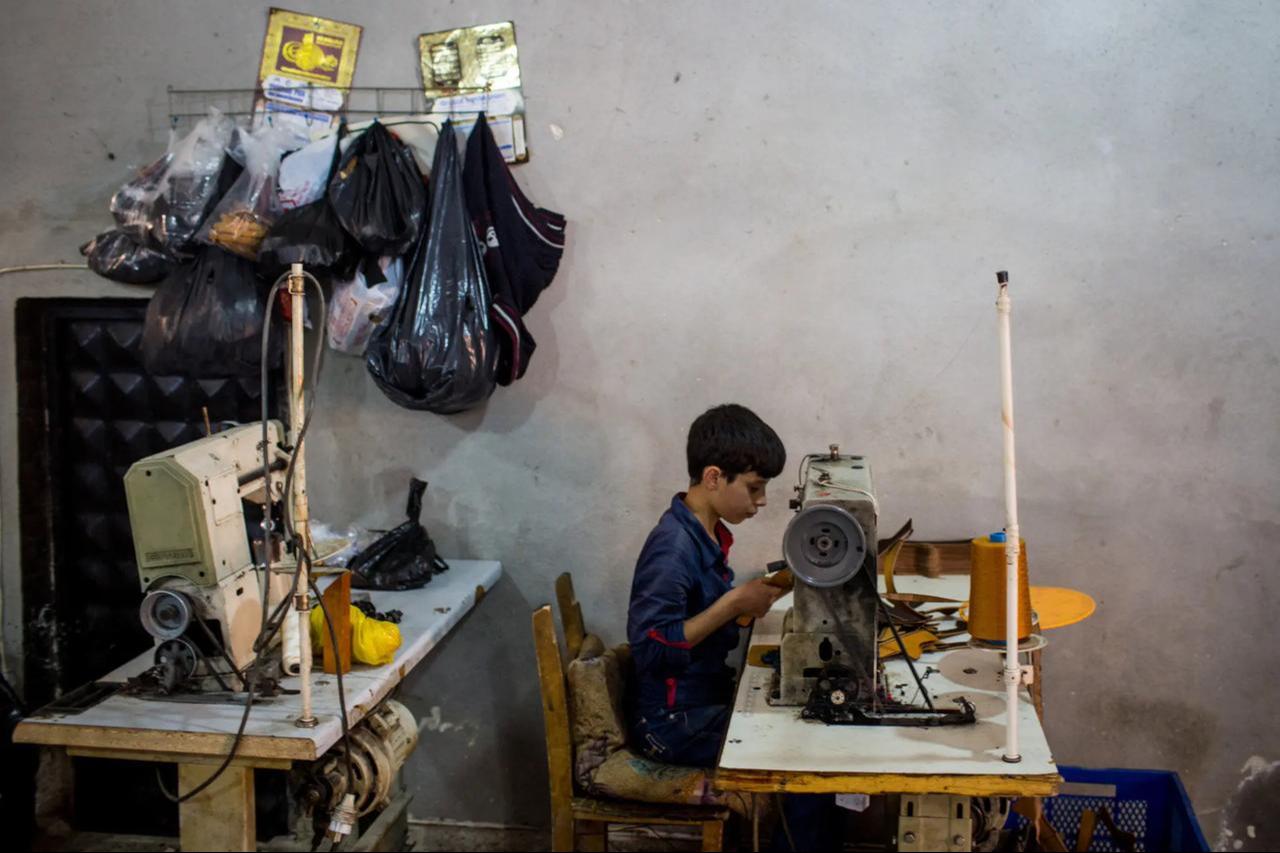
In Türkiye, at least 192 workers lost their lives in August alone, according to figures compiled from national and local sources by the Health and Safety Labor Watch Council (ISIG). This brought the death toll from work-related accidents and unsafe conditions during the first eight months of 2025 to at least 1,359. The findings were based on reports from the press, trade unions, workplace safety experts, doctors, and families of the deceased.

Most fatalities occurred in sectors where informal or precarious labor is widespread. These include agriculture, construction, transport, commerce, and municipal or general public works. The data shows that 60 workers died in various branches of industry, 45 in agriculture, 44 in construction, and 43 in services.
Traffic and transport accidents were the leading causes of death, particularly among agricultural and transport workers. Many of these incidents involved unsafe vehicles, such as tractor-trailers or unlicensed minibuses, as well as fatigue caused by long working hours.
Falls from heights ranked second, accounting for most of the deaths in the construction sector, often linked to inadequate scaffolding, missing guardrails, or the lack of safety harnesses.
The highest number of fatalities occurred in Istanbul, followed by Antalya, Sivas, Giresun, Balikesir, Kahramanmaras, Mugla, Samsun, Kocaeli, Sanliurfa, and several other provinces. In total, work-related deaths were recorded in 62 Turkish cities and even among short-term workers abroad.

The August figures also revealed the toll on vulnerable groups. At least 13 children died, most of them in agriculture and industrial jobs, despite laws restricting child labour. Nineteen women workers lost their lives, mainly in agriculture and general services.
At least six migrant workers also died, including Syrians, Afghans, Iranians, and Turkmens, employed in agriculture, construction, mining, and transport.
Of the 192 workers who died in August, only four were union members. The rest worked without collective protection, underscoring the scale of unorganised and precarious employment in the country.
The victims included workers across all age groups. Six were under the age of 14, while seven were teenagers aged 15 to 17. The majority, 75, were between 30 and 49 years old.
Sixteen workers were aged 65 and above, reflecting that many continue to work past retirement age.